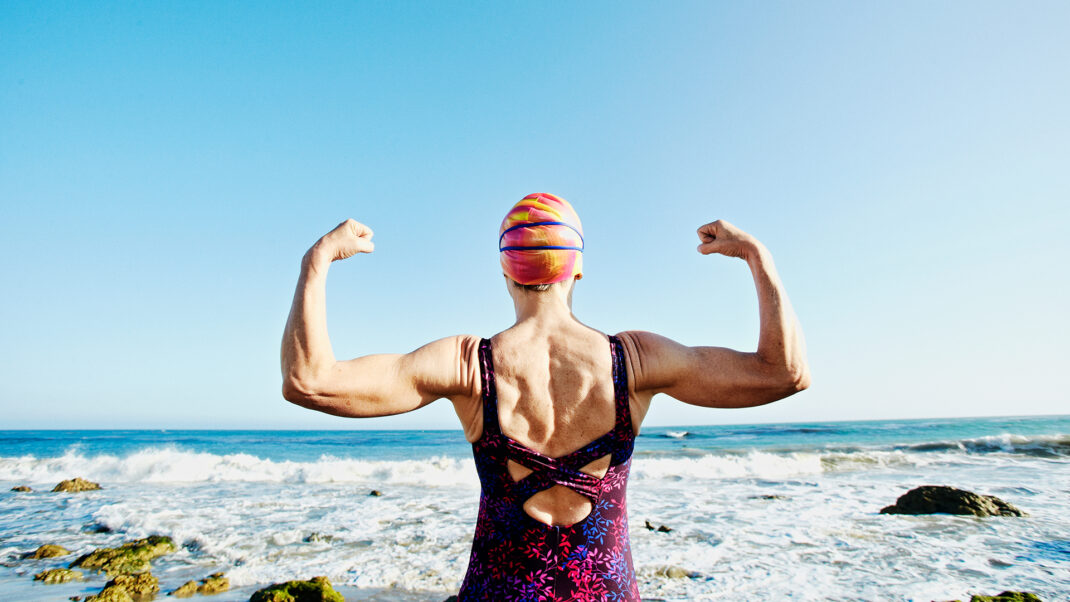Social Media Influencers Give Inaccurate Health Advice
Only 1 out of 9 influencers meets standards for health and fitness guidelines.

Have you been frustrated by bad health and fitness advice doled out by social media influencers? You’re not alone, and if you sense that much of the popular online health information is wrong, you’re right! A recent study of key U.K. social media influencers’ weight management blogs—presented at the European Congress on Obesity in Glasgow, Scotland, in April 2019—showed that most influencers were not reliable weight management resources.
“We found that the majority of the blogs could not be considered credible . . . as they often presented opinion as fact and failed to meet U.K. nutritional criteria,” said lead author, Christina Sabbagh, MSc, University of Glasgow. “This is potentially harmful, as these blogs reach such a wide audience.”
Investigators reviewed influencers who had a minimum of 80,000 followers on at least one social media site; blue-tick verification that recognized the person as being influential on at least two social media sites; and an active weight management blog. Nine influencers met these criteria.
“We made a 12-point checklist of credibility indicators for each social media influencer that included criteria like ÔÇÿAre there appropriate and visible disclaimers displayed on the blog?,’ ‘Are they adequately qualified to provide weight management advice?’ (only two passed this question) and ‘Does the blog adhere to U.K. nutritional criteria?’” Sabbagh said. Researchers also analyzed the 10 latest recipes on each blog for nutritional data. Only three influencers’ recipes met calorie targets set by Public Health England and the U.K. Food Standards Agency’s Traffic Light Scheme.
As an educated fitness professional, you are starting off on the right foot when you attempt to influence a larger audience. If you’d like to expand that positive influence, try the following, based on tips from Tom Ward, host of the YouTube channel “Under the Influence”:
- Find your niche. Maybe you specialize in prenatal fitness or you shine when working with athletes.
- Do something unique. Fitness influencers may be a dime a dozen, but there’s still room to define yourself.
- Pick your channels. Don’t try to be everything to everyone on every social media platform.
- Create a strategy. Don’t just wing it—carefully plan your content.
- Consider the data. Don’t guess at what’s working and what isn’t—review the analytics.
Shirley Eichenberger-Archer, JD, MA
Shirley Archer, JD, MA, is an internationally acknowledged integrative health and mindfulness specialist, best-selling author of 16 fitness and wellness books translated into multiple languages and sold worldwide, award-winning health journalist, contributing editor to Fitness Journal, media spokesperson, and IDEA's 2008 Fitness Instructor of the Year. She's a 25-year industry veteran and former health and fitness educator at the Stanford Prevention Research Center, who has served on multiple industry committees and co-authored trade books and manuals for ACE, ACSM and YMCA of the USA. She has appeared on TV worldwide and was a featured trainer on America's Next Top Model.





